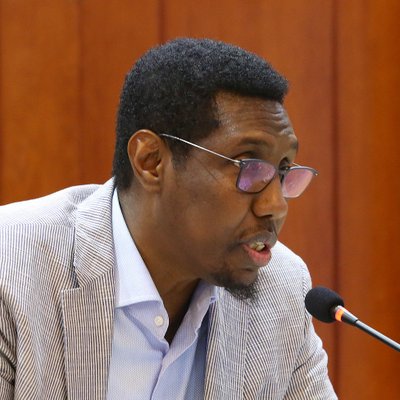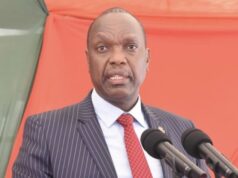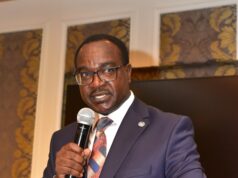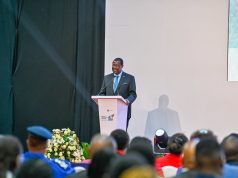Somalia’s former Internal Security Minister Mohamed Islow has criticized a newly proposed Electoral Bill that seeks to replace Mogadishu leadership with a Governor appointed by the President.
Speaking on Thursday after the Bill was approved by Somalia’s Cabinet ministers, Islow, who is currently a member of Somalia’s Federal Parliament, said after reading the proposed Bill, he is shocked at the content.
He particularly cited Article 22 of the proposed Electoral Bill, which proposes changes to the leadership of Mogadishu and its districts.
“It is unacceptable that the status of the capital, Mogadishu, and its districts, which has been a long-standing issue, be replaced by a regional governor appointed by the president through a decree, with ministerial powers,” Islow said.
The Cabinet on Thursday also approved the proposed Political Parties Bill.
The two bills will now be presented to the Federal Parliament for deliberations and approval, and thereafter be signed into law by President Sheikh Mohamud.
The Electoral Bill proposes a regional governor who will have the status of a minister and his deputy will be responsible for the security and political affairs of Banadir Region for the federal government.
It further says the office holder will be proposed by the Cabinet of Ministers and appointed by the President of the Republic through a decree.
The legislator called for direct elections, insisting that representatives of the Banadir Region and their people would not accept anything less than electing their own leaders.
Earlier this year, the bicameral parliament of the Federal Government of Somalia unanimously approved a series of constitutional amendments in the first four chapters of the constitution among them Article 49 on the leadership system.
Article 49 (1) of the approved version of the constitution says that the citizens will directly elect the President.
The president will then appoint and be able to fire a Prime Minister.
Under the interim version of the constitution, the president would only appoint but could not fire the Prime Minister.
The parliament had the authority to remove the Prime Minister through vote of no confidence.
Another amended article which involves the one-man, one-vote election is Article 54 (2) which now says that there will be three national political parties in Somalia.


















